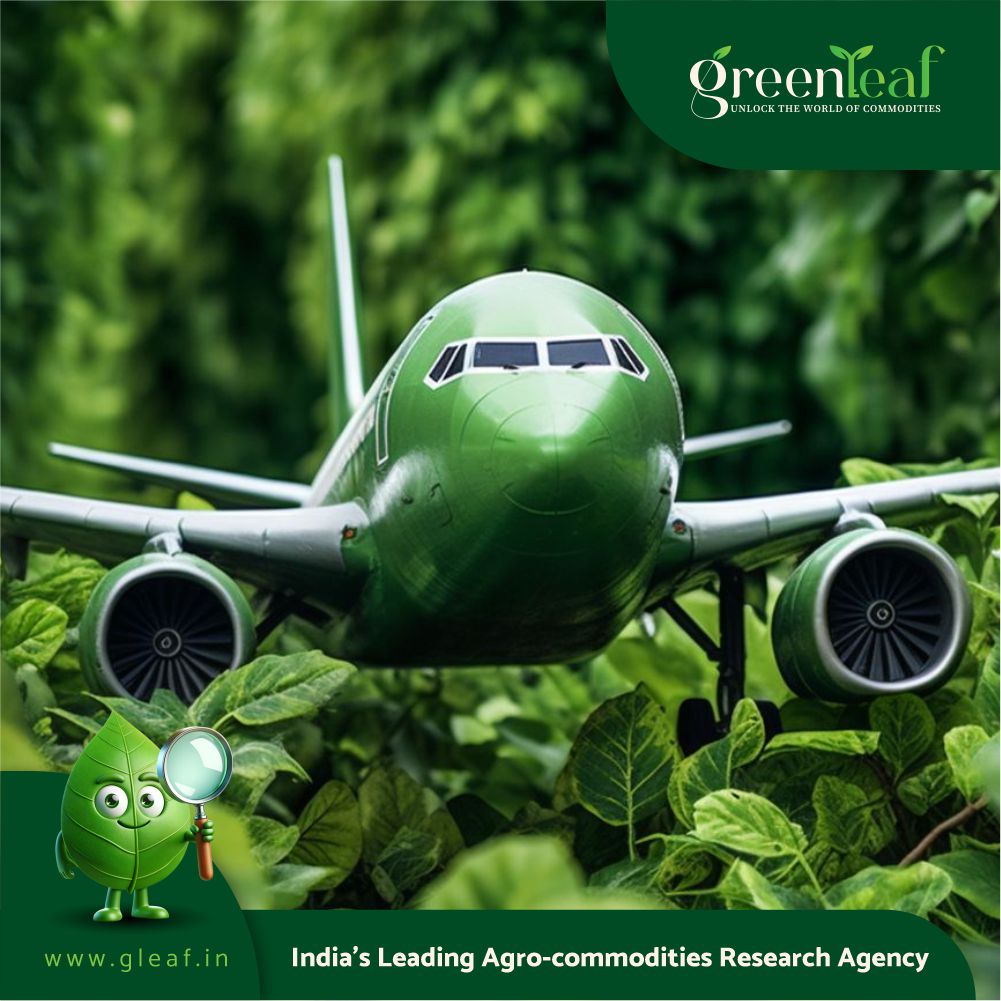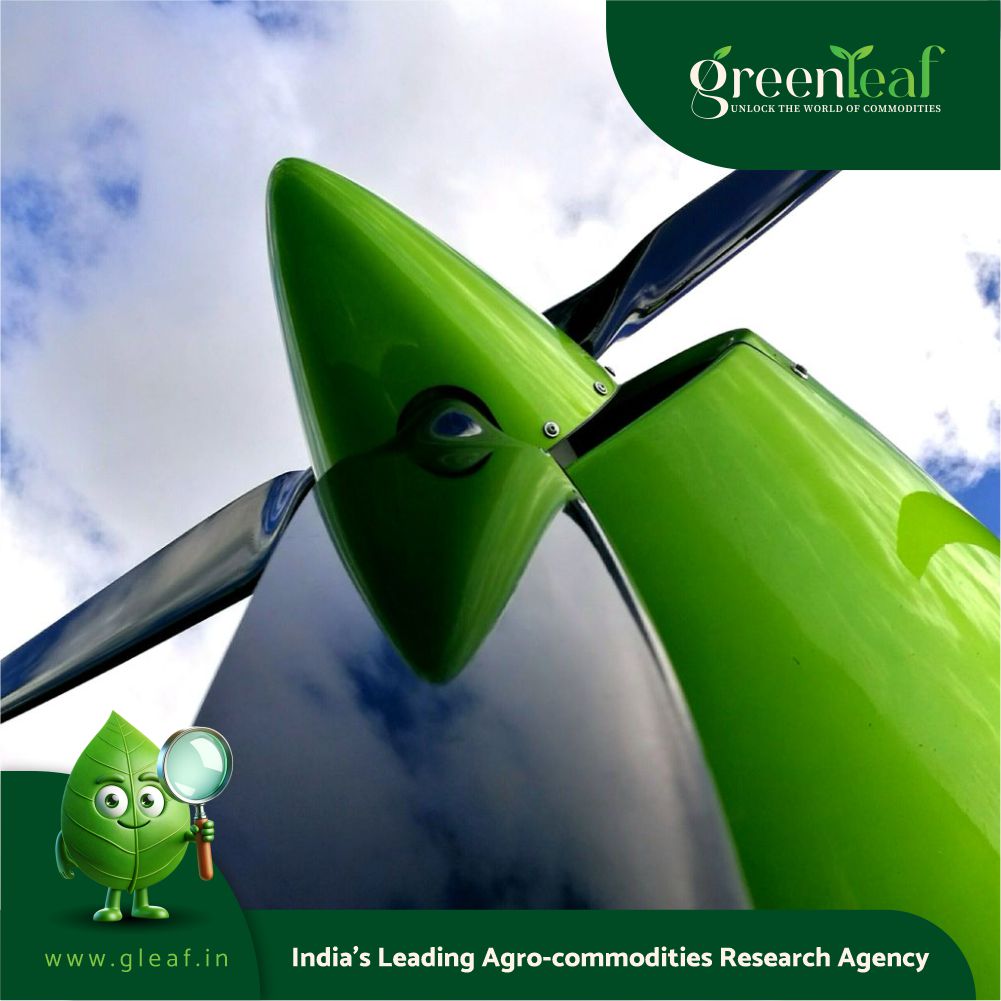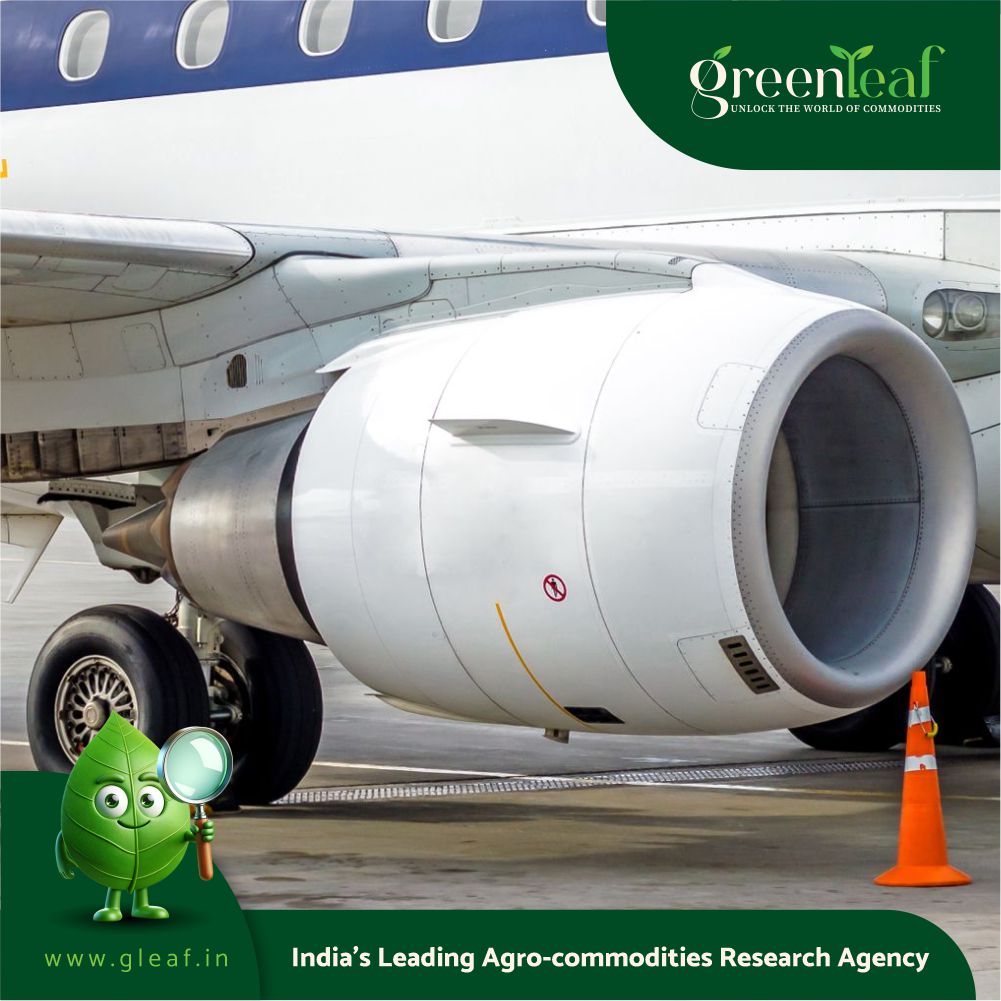United Airlines has announced a significant investment in Twelve, a pioneering company that develops low-carbon aviation fuel using a groundbreaking process similar to photosynthesis. This process transforms carbon dioxide (CO2) and water into sustainable aviation fuel (SAF) by harnessing renewable energy. United’s investment is part of the airline’s ongoing efforts to decarbonize air travel and reduce aviation-related greenhouse gas emissions.
The investment comes through the United Airlines Ventures Sustainable Flight Fund, which supports innovative technologies and companies focused on making air travel more sustainable. The move follows Twelve’s successful $83 million Series C funding round and its project financing for the construction of its first SAF production facility, AirPlant™ One, located in Moses Lake, Washington. The facility is expected to begin operations later this year, with an annual SAF production capacity of 50,000 gallons.
“Scaling the SAF industry is the major hurdle air travel needs to clear in order to increase the supply and reduce the price of lower carbon fuels,” said Andrew Chang, head of United Airlines Ventures®. “Twelve has differentiated themselves through the capital they have raised and the SAF contracts they have secured, providing them with the flexibility to commercialize their technology and grow their operations expediently.”
A Strategic Partnership to Scale SAF Production
Twelve’s innovative approach to SAF production has already garnered attention from major industry players. In 2024, the company secured a groundbreaking 14-year SAF purchase agreement with a large European-based airline. This contract stipulates the supply of 260 million gallons of SAF to five major airlines, demonstrating the growing demand for sustainable fuel alternatives in the aviation industry.
The investment in Twelve aligns with United Airlines’ broader sustainability goals, as the company continues to explore and invest in cutting-edge technologies aimed at reducing the carbon footprint of air travel. The SAF produced by Twelve is expected to be a lower-carbon alternative to conventional jet fuel, with the potential to reduce lifecycle emissions by up to 90% compared to traditional aviation fuels.
“United’s Sustainable Flight Fund’s investment reinforces our momentum at a pivotal moment as we move from innovation to implementation,” said Nicholas Flanders, co-founder & CEO of Twelve. “With AirPlant One launching imminently and strong a collaboration with United, we’re not just envisioning the decarbonization of air travel—we’re actively building it. Because we have the capability to deliver our E-Jet® sustainable aviation fuel at scale, Twelve is proudly creating a realistic pathway to carbon-neutral aviation that meets both operational demands and climate goals.”
How Twelve’s Technology Works
Twelve’s advanced technology uses renewable electricity to combine captured carbon from the atmosphere with hydrogen derived from water. This process creates the basic building blocks that can be used to produce not only fuels, but also plastics and other materials. By reducing reliance on fossil fuels, this method significantly lowers the lifecycle greenhouse gas emissions associated with fuel production and manufacturing.
The process is sustainable because it uses renewable energy sources, captured carbon, and water as raw materials, offering a clean and scalable solution to one of the aviation industry’s most pressing challenges—its reliance on fossil fuels. This innovative approach is seen as a promising solution for making air travel more sustainable in the long term.
United Airlines’ Sustainable Flight Fund
The investment in Twelve is part of the United Airlines Ventures Sustainable Flight Fund, a first-of-its-kind investment vehicle designed to support startups that are focused on decarbonizing air travel. The fund is comprised of more than $200 million in investment commitments from United Airlines and its corporate partners. These partners include global leaders in the aviation and technology sectors such as Air Canada, Air New Zealand, Boeing, Embraer, GE Aerospace, Google, Honeywell, and JetBlue Ventures, among others.
The fund’s primary objective is to accelerate the development of sustainable aviation technologies, including SAF, electric aircraft, and other eco-friendly innovations. By pooling resources from across industries, the fund aims to fast-track the deployment of these transformative solutions, ultimately reducing the aviation industry’s environmental impact.
The Future of Sustainable Aviation Fuel
As airlines around the world work to meet ambitious sustainability goals, the demand for SAF is expected to skyrocket. The collaboration between United Airlines and Twelve highlights the critical role that innovative startups play in addressing aviation’s carbon footprint. With continued investments in SAF and other green technologies, United Airlines and its partners are paving the way for a more sustainable future in air travel.
The establishment of AirPlant™ One and the ongoing development of Twelve’s technology signal a promising future for SAF production. As the aviation industry looks for practical solutions to reduce emissions, partnerships like these are essential in driving meaningful change.
Through investments in cutting-edge technologies and collaborations with key industry stakeholders, United Airlines and its Sustainable Flight Fund are leading the charge toward a greener, more sustainable aviation future. The success of Twelve’s SAF production facility and its long-term agreements with major airline partners represent a critical step forward in the decarbonization of the aviation sector.
















